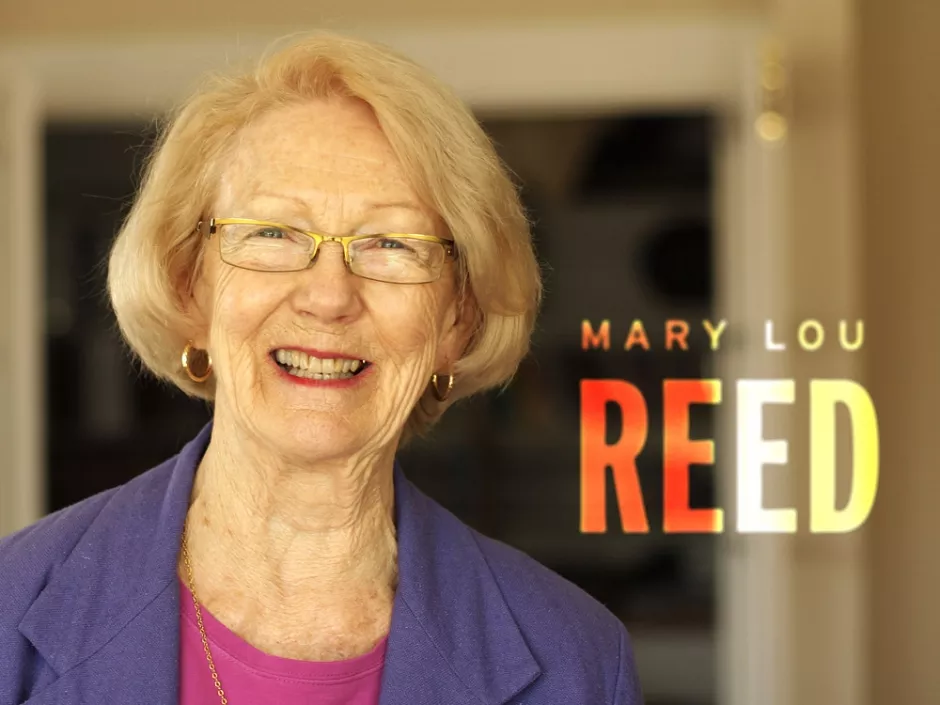Idaho voters: Beware of a wolf in sheep’s clothing. Or a bridge for sale.
As a goal, “school reform” has a sweet, honeyed sound that makes you want to believe someone’s come up with a better way to give kids a good start toward a successful life.
Don’t be fooled. Idaho ballot Propositions One, Two and Three are masquerading as steps to school improvement. A closer look reveals the measures to be voted on November 6 are bad news for teachers and bad news for students. That’s bad for the rest of us.
But they are good news to the rapidly expanding for-profit education industry, which is after your Idaho tax dollars — and the tax dollars of every other state that drinks their Kool-Aid.
You may recall that Idaho Superintendent of Public Instruction Tom Luna, who cannot claim to be an educator and whose college credentials have been extensively questioned, pushed a package of so-called reform bills through the 2011 Republican-controlled Idaho Legislature.
Luna called the bills progress. Others labeled them Luna-tic.
Teachers and parents were so offended that they collected 70,000 signatures to put the package up for a referendum vote of the Idaho electorate at this November’s general election.
PROPOSITION ONE seriously damages Idaho teachers’ ability to bargain collectively. Teachers are forbidden to argue for anything other than teacher wages and benefits in negotiating contracts. If the statute stands, teachers’ voices will be silenced on issues of class size, student safety, continuing teacher education and anything else.
This measure is blatantly anti-teacher and designed to cripple the teacher’s union, which is the one organization that historically has lobbied to improve education.
The assumption that all teachers care about is their salaries is both radically unfair and summarily untrue. Teaching is a job, and a demanding one at that. As with any job, teachers work for their livelihood. But they teach to live, not to get rich. A major part of a teacher’s reward is the interaction with and the success of their students.
PROPOSITION TWO creates a system for giving bonuses to teachers based in part on the performance of students on standardized tests.
I have not located any solid research that provides a rationale for using student test scores to rate teacher competency. The Chicago teachers’ strike has brought to light a letter to Chicago Mayor Rahm Emanuel, signed by 88 faculty members from 15 Midwest universities, urging caution in the use of student test scores for teacher evaluation.
These professors were brought together to try to inject education research into the Chicago Public Schools reform efforts. After all, Chicago schools have been in a state of so-called “reform” for the past 20 years. The academicians concluded that the practice of grading a teacher’s effectiveness based on student test scores has never been properly field-tested.
Nevertheless, the concept has been floating around the country and included in recent legislation in several states. We’re back to Alice in Wonderland again. The Red Queen said, “First the verdict, then the trial.”
We don’t want teachers teaching to the test even more; it takes the joy out of both teaching and learning. A cartoon on the Idaho Education Association Facebook page reads, “‘I became a teacher so that I could help kids pass the standardized tests,’ said no teacher ever.”
For a state short of dollars for schools, PROPOSITION THREE is an even more fly-by-night scheme. The plan is to give each high school student a laptop and require that student to complete at least two online courses. In exchange, many teachers would be let go. For-profit, out-of-state education companies would vie to deliver the online courses.
Tom Luna’s reforms play right into the hands of many for-profit education businesses. If you follow the money, you will see that Luna’s campaign funds came from friends in what former Republican state senator Laird Noh renamed the “educational-industrial complex.”
According to Dan Popkey of the Idaho Statesman, employees and stockholders of K12 Inc., the nation’s largest supplier of online classes, spent about $44,000 supporting Luna’s 2010 campaign.
Unfortunately, the results from K12 Inc.’s educational style are not so hot. A study by two Western Michigan University professors reported in the July 18 Washington Post that only 27.7 percent of the K 12 Inc. schools met federally mandated progress goals, compared with 52 percent of public schools. Idaho was one of five states included in that study. The corporation, K12 Inc., receives around $12 million annually from the state of Idaho for the approximately 3,800 students enrolled in Idaho’s Virtual Academy.
My beef is not with online courses. Our daughter teaches an online college biology course. My concern is the increasing privatization of Idaho’s public schools and the corporate greed that fuels the for-profit education industry.
Expensive advertisements may urge you to “Vote Yes” on these propositions. Yes is a vote against kids, against schools, against teachers and against good sense. Vote No.


















